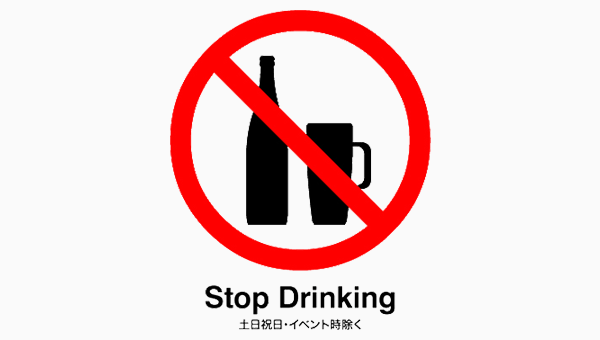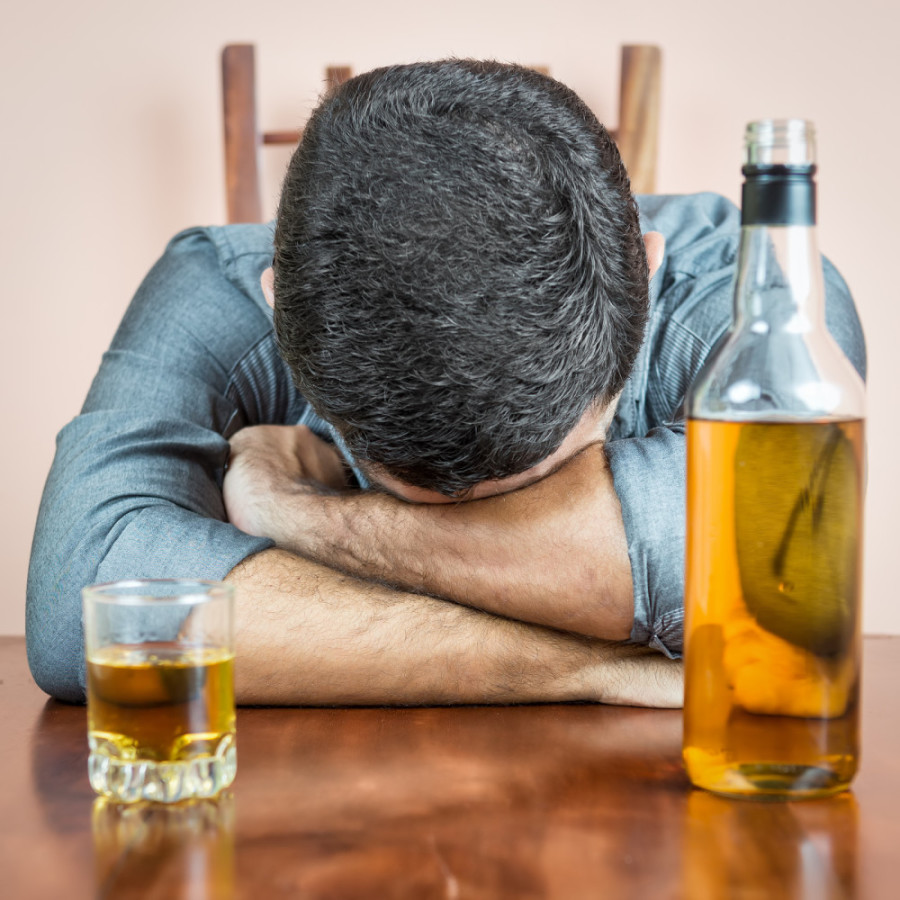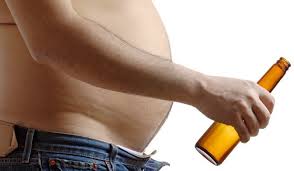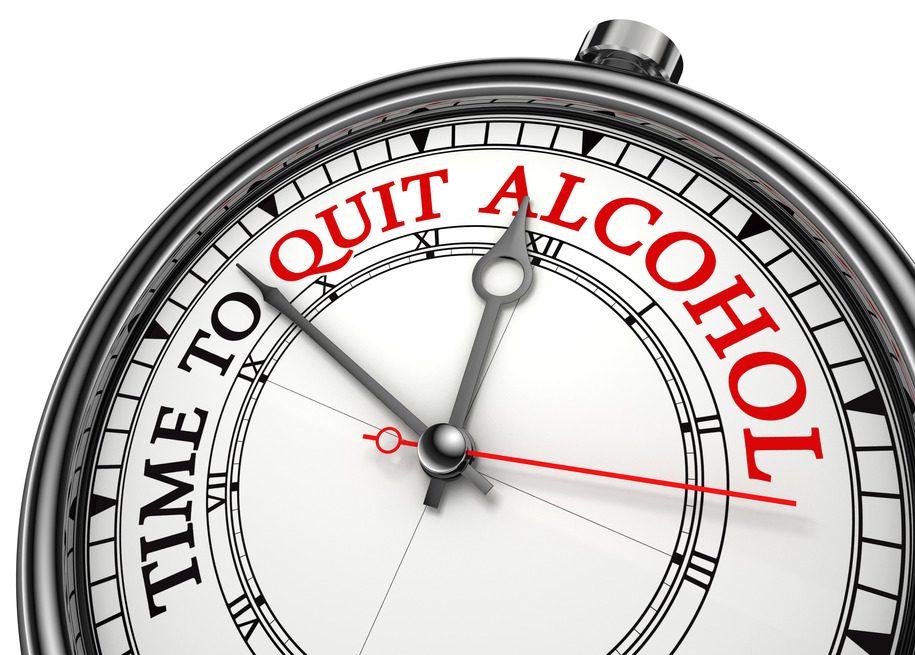Alcoholism treatment program
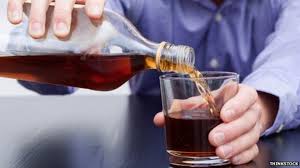
Alcoholism treatment program that will keep you on the drink
Alcoholism treatment program: Drug addiction
There is no doubt today that alcohol is one of the most addictive substances and one that is though legal, is still being abused across the globe. All the efforts the authorities are putting in place to put the control to the usage of alcohol has not yielded much because today alcohol still remains the number one abused drug globally. Because of the magnitude of health implications associated with alcohol consumption, we all have a duty first to ourselves and to the communities we live in of ensuring that alcoholism treatment programs works, supported and financed. The effects of alcohol on human life can no longer be ignored and that is why doctor Dalal Akoury MD, President, and founder of AWAREmed health and wellness resource center, is in the front lane of finding all the possible treatment solutions available to those considered to be alcoholics. There are many medical options for treating alcohol use disorders which generally depends partly on the intensity and the duration of the patient has been drinking. The treatment options may include:
- Behavioral therapy like individual sessions with a health professional and support groups
- Medications
In administering treatment for alcoholism your doctor will do a brief intervention to help the patient to reduce or stop their drinking. During this process, your doctor will give you an action plan for working on your drinking. The action plan may include:
- Keeping a daily diary of how much alcohol you consume
- Setting targeted goals for your drinking
- If you’ve reached alcoholism stage then anti-craving or aversion medication may be recommended.
Alcoholism treatment program: The overall treatment goals
The ultimate goal for goal for alcoholism treatment is to secure patients total abstinence. When this is achieved it offers better survival rates, mental health and sound marriages. Patients who attain this often become good and responsible parents, employees or employers compared to those who keeps relapsing. Achieving this may not be an easy task and therefore the patient will need to avoid high-risk situations and interchange the addictive patterns with much more useful and satisfying activities and behaviors. Many professionals may choose to treat alcoholism as the chronic disease where patients will be expected to accept relapse even as they purpose for a long remission period as possible. Every step taken is an achievement because an even very small reduction of alcohol intake is significant enough to lower the risk for alcohol-related medical problems.
It is highly regarded that achieving total abstinence and avoiding high-risk situations are the optimal goals for alcoholics. This should also be supplemented by involving family members and friends by way of educating them on how to offer social support to the addicts. When it is approached from different directions like that then some level of success will be achieved. Looking at that collective approach, we can say with certainty that there is light at the end of the tunnel and to facilitate that, doctor Akoury made a passionate decision of creating this medical center whose main objective is to transform each individual’s life through increasing awareness about health and wellness and by empowering individuals to find their own inner healing power. And for all your addiction needs, you can schedule an appointment with doctor Akoury on telephone number 843 213 1480 for your concerns to be addressed professionally.
Alcoholism treatment program: Drug addiction
http://www.awaremednetwork.com/


